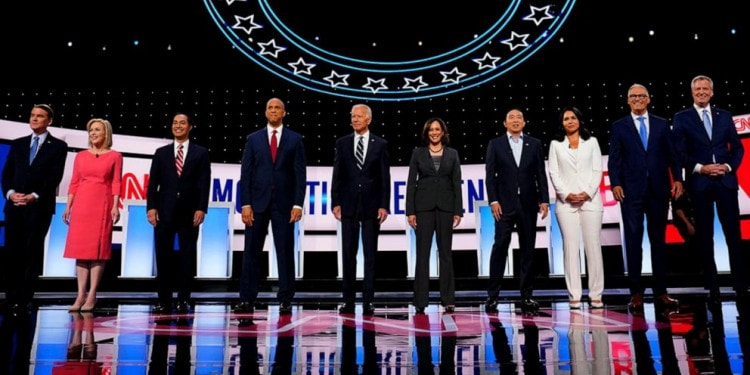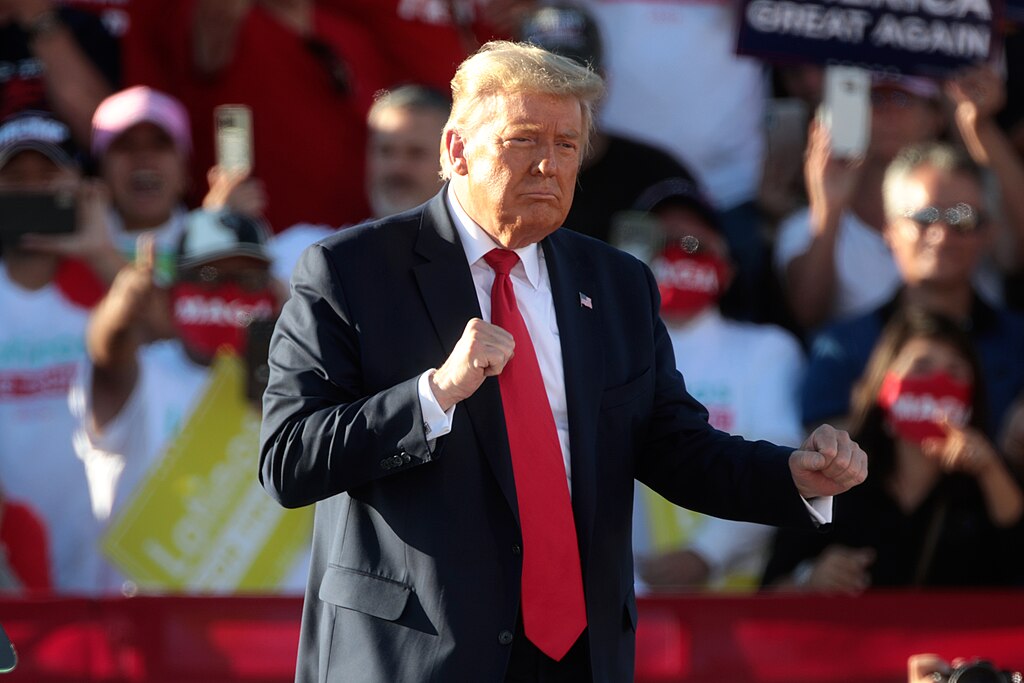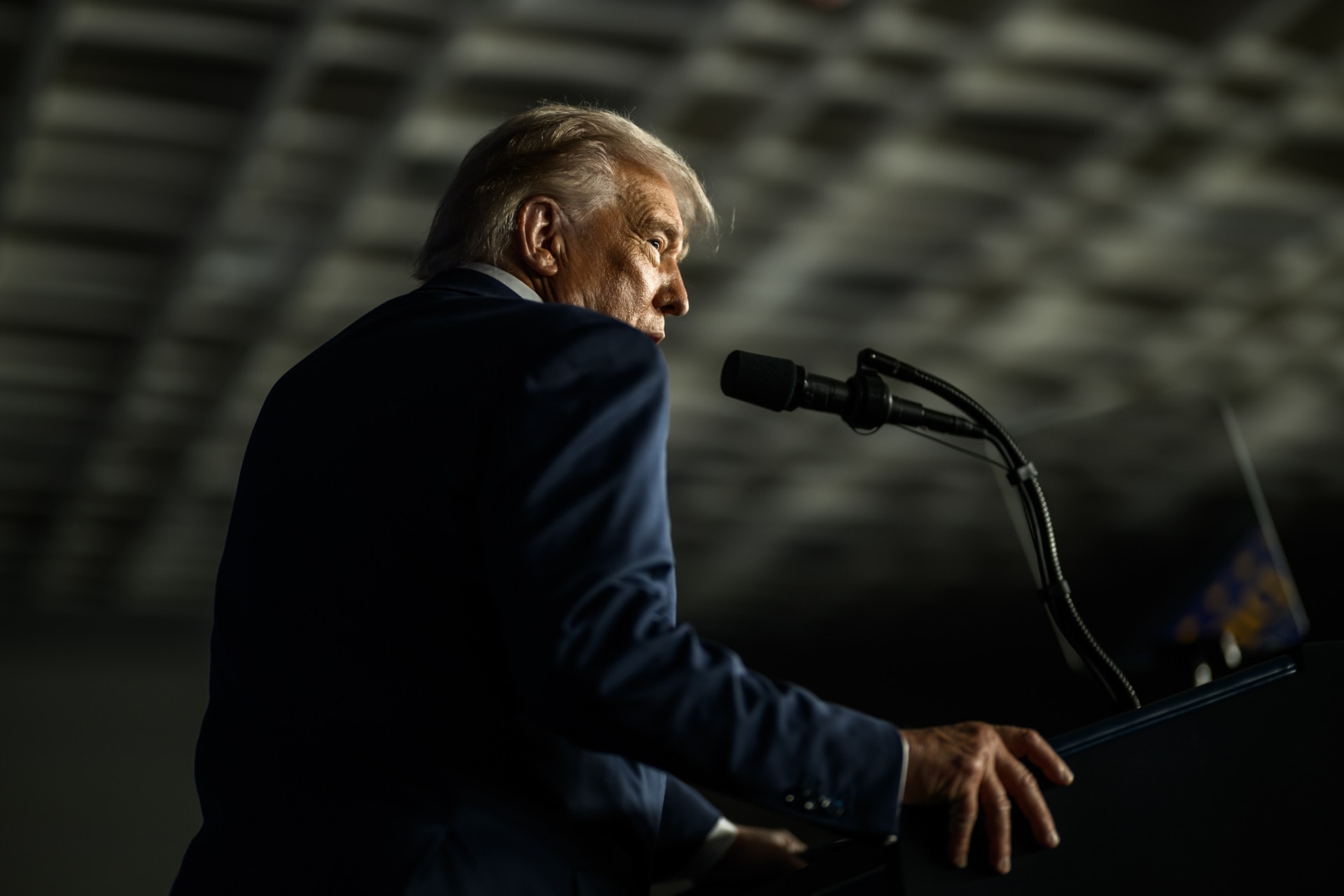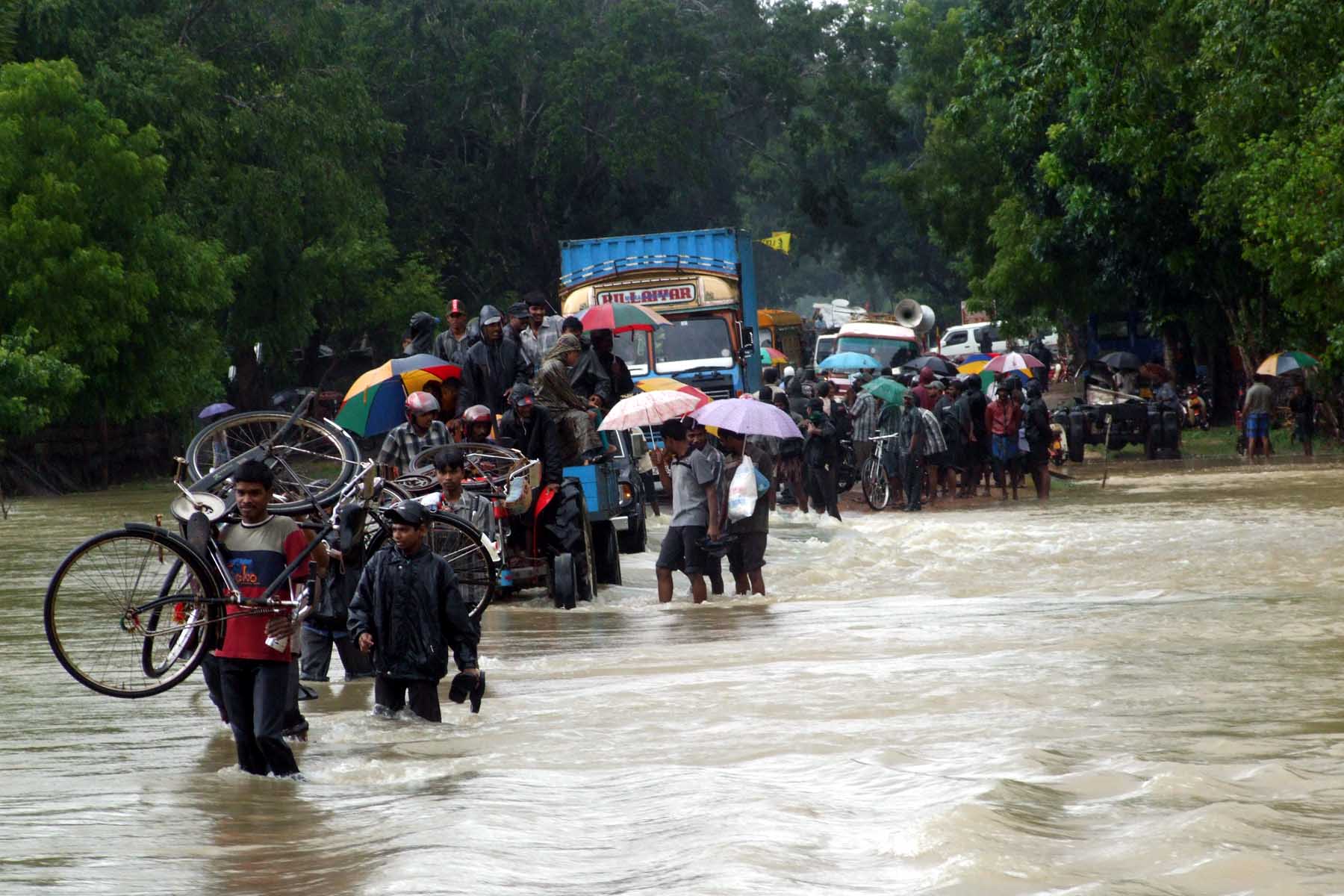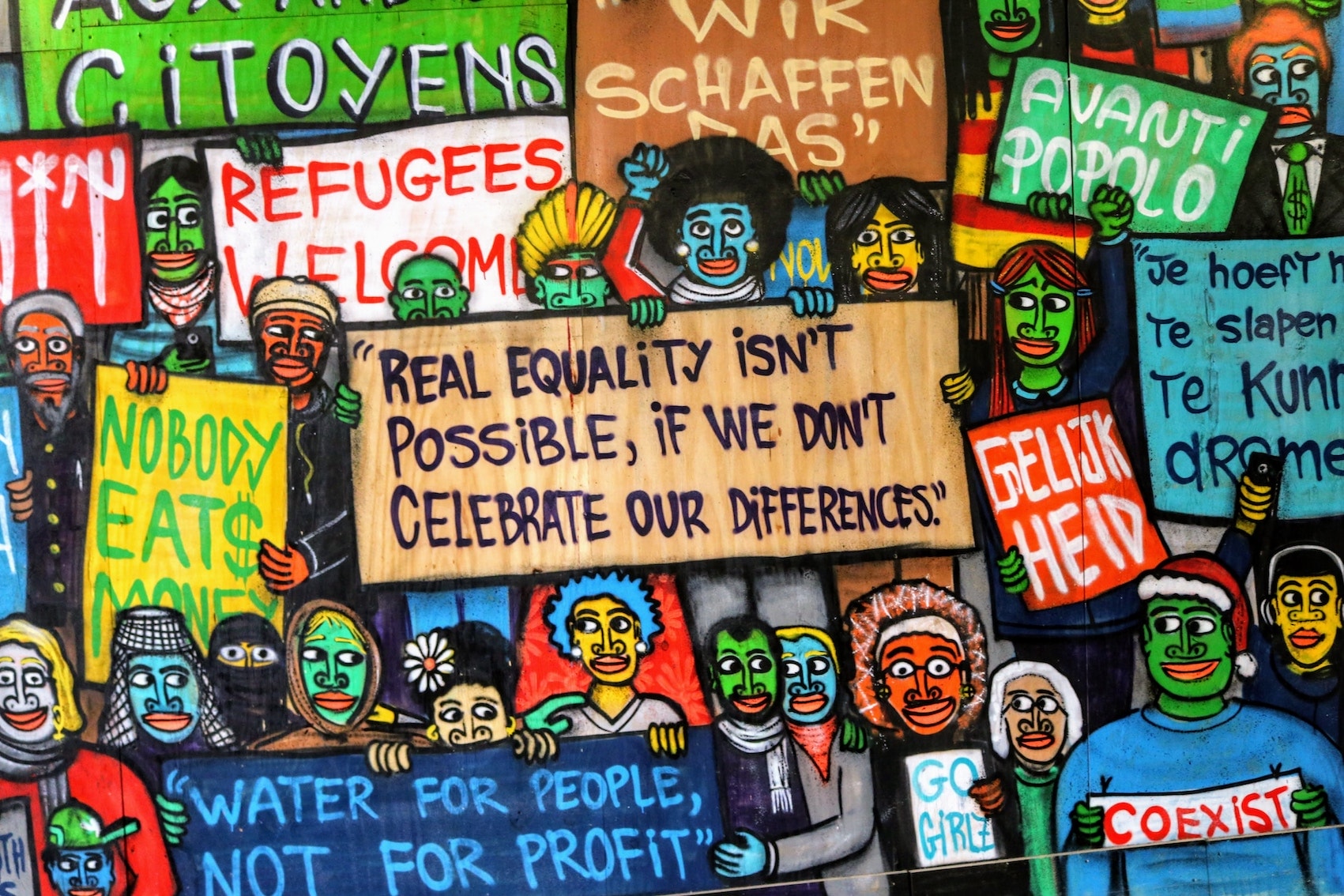Was the climate crisis able to take center stage in the Democratic presidential debates? Simple answer: no. It had more of a poorly spot-lit role in the stage wings. We still have no serious climate debate in American politics, not even on the Democratic side.
In the first round of the Democratic presidential debates in June, there were just 15 minutes out of four hours on climate change, which is still more airtime than in all the 2016 debates combined.
The second round of debates in July saw more time devoted to the climate crisis, but they also made apparent the enormous shortcoming of the debate medium. In typical debate fashion, there were witty comments that turned into viral hits and self-commending pitches, yet, they came at the expense of having a truly insightful discussion on global climate change.
Related topics: The Perils of the Trump Era– The Carbon Tax Works For Billionaires–Hope for Reducing Climate Change– Climate Change Impact on Food–Climate Change: A Wake-Up Call for Action
In response to the inadequacies of the debate platform, activists and groups like Greenpeace have pressured the Democratic National Committee (DNC) to host a forum dedicated to the climate crisis. The DNC has refused saying it would be unfair as it would open the door for other groups to request exclusive debates.
Earlier this summer the DNC chairman Tom Perez further explained that “the DNC could not allow individual candidates to dictate the terms of debates or limit the topics discussed.” Mr. Perez is referring specifically to Washington Governor and Democratic presidential hopeful Jay Inslee, who has championed himself climate change candidate of the race.
The following are highlights from both nights of the second Democratic debate and exhibit how the climate discussion fell short of providing nuanced analysis and clear solutions to the crisis.
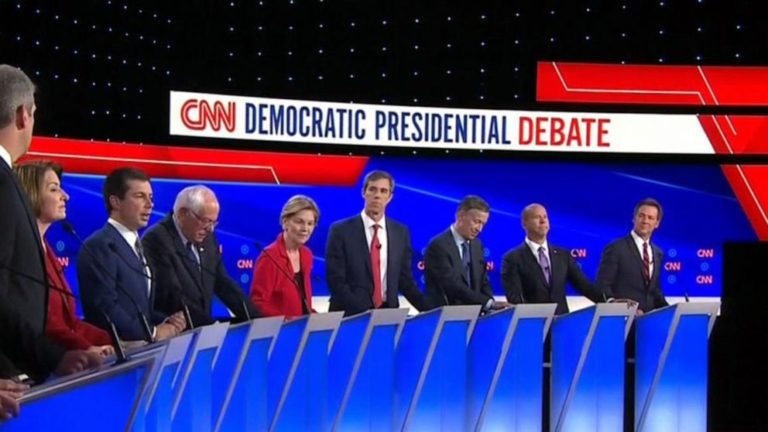
The First Dem Debate: Warren’s “Green Economy” Shot Down
The first night of the debates featured popular progressive candidate and Massachusetts Senator Elizabeth Warren. Warren’s policy proposal includes investing $2 trillion dollars to a green market in which American companies manufacture and sell emissions-free technology to other countries.
Former Governor of Colorado John Hickenlooper responded to Warren’s “green economy” by accusing it of being a distraction. He failed to rationalize just how Warren’s proposed green economy ‘distracts’ from the climate crisis.
In an immediate rebuke on Twitter, seen below, New York Representative Alexandra Ocasio-Cortez said that “calling the consideration of working people in climate policy a ‘distraction’ is what is truly unsustainable + unrealistic.”
The Green New Deal decarbonizes our economy while ensuring we leave no community behind, incl job transitions for miners, labor rights, healthcare & wages.
Calling the consideration of working people in climate policy a “distraction” is what is truly unsustainable + unrealistic.
— Alexandria Ocasio-Cortez (@AOC) July 31, 2019
On his own policy, Hickenlooper said that building bridges with other high-emission countries like China is the only feasible path towards solving the climate crisis. This sounded more like a Republican talking point in which Hickenlooper shouldered culpability for the crisis onto other countries, allowing him to sidestep elucidation of his concrete plans for the climate.
When Warren called Hickenlooper out for his centrism, the moderators cut her off and ushered the discussion to another candidate. Fundamental to debates are disagreements, but in a strictly timed and orchestrated event such as this, Hickenlooper can make an attack with scant justification and even more scant policy proposals.
Second Dem Debate: Frontrunner Biden’s Weak Climate Plan Comes under Attack
Washington Governor Jay Inslee made good on his promise to be the climate candidate. On Wednesday, the second night of the debates, both his opening and closing statements focused squarely on the climate crisis. He also took on other candidates such as former Vice-President and Democratic frontrunner Joe Biden.
In a trend that pervaded much of the night, Inslee attacked Biden for his centrist and weak climate plan. On his own plan, Inslee said that his “deadlines are set by science” and include a more aggressive timeline such as eliminating coal from the electrical sector in 10 years and decarbonizing the grid in 15 years.
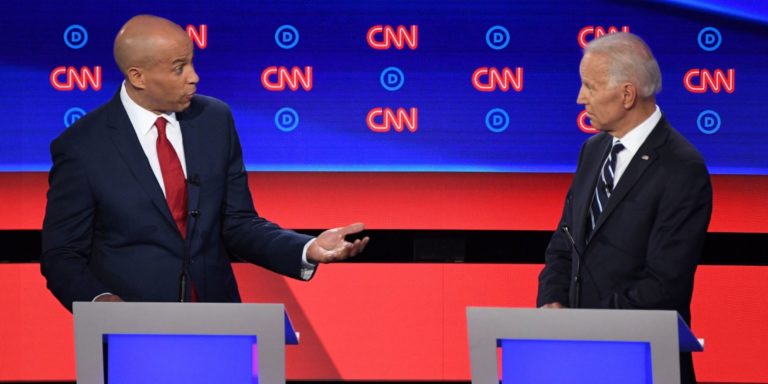
Senator Cory Booker, also present on the stage during the second debate, was equally unimpressed with Biden’s climate plan. In response to Biden touting that he helped to broker The Paris Agreement, Booker commented “Nobody should get applause for rejoining the Paris climate accord, that is kindergarten,” stirring the audience into applause for his retort.
Strategies to Appeal to the Public Sidelines the Climate
Garnering applause from the audience is an important aim during the debates. On the first night, Beto O’Rourke promised that he would subsidize sustainable agriculture In Iowa, which is an essential state to win over for the primaries.
The agriculture sector is critical to Iowa, however, what O’Rourke failed to address was the mounting evidence that “increased land prices and rents resulting from government subsidies have detrimental impacts on mid-scale, beginning, and young farmers.” Such a complex issue warrants more time for analysis, however, CNN moderators Jake Tapper, Dana Bash, and Don Lemon failed to press O’Rourke or any candidate for further engagement during the segment on global climate change.
In a similar move, when Mayor Pete Buttigieg was given the opportunity to lay out his plan for combating climate change, he turned to Trump. Instead of discussing how to cap the proliferating rate of emissions in America, Mayor Buttigieg pivoted to how he was the best candidate to beat Trump, “Nominate me and you get to see the president of the United States stand next to an American war veteran and explain why he chose to pretend to be disabled when it was his chance to serve.”
There is a dangerous precedent in making this move.
In July of 2016, Senator Bernie Sanders endorsed Hillary Clinton as the Democratic presidential nominee. Following Sanders endorsement, Clinton’s exigency to discuss the climate crisis dissipated. In her many public addresses, Clinton devoted her time to censuring Republican opponent Donald Trump. Clinton did pepper her speeches with promises of the US becoming a “clean energy superpower” but made little mention to the emergency urgently warranting clean energy.
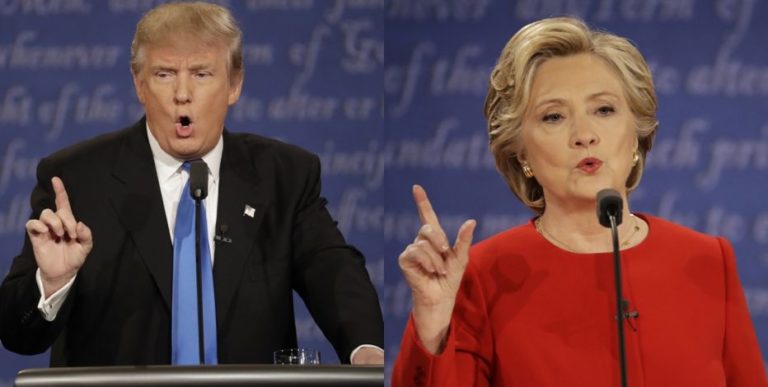
During campaigning for general elections, it made sense for Clinton to focus on defeating her opponent, a climate change denier. Buttigieg was also right that with Trump in the oval office little, if anything, is going to be done to abate the climate emergency.
But when Buttigieg and Beto O’Rourke, like Clinton, allow Trump and the Republicans to eclipse a thoughtful discussion devoted to solving the climate emergency, they have already lost. By not concretizing the climate crisis nor offering solid solutions, the climate emergency remains amorphous– an unformed talking point that when weaponized by Trump and other Republicans is downplayed, denied, and effectively deleted from the political arena, much like it was during the 2016 presidential elections.
Climate Education is an Important Next Step for Debates
In another perturbing moment, Governor of Montana Steve Bullock contributed to an increasingly shapeless conversation regarding the climate emergency, smarmily suggesting to his fellow candidates that they should “actually have the scientists drive” climate solutions.
There are many problems with calling to depoliticize the climate crisis. First and foremost, scientists have been fueling the conversation and it is not working. There is more than sufficient evidence pointing to the human-caused atmospheric warming of the climate. Last year, the Intergovernmental Panel on Climate Change (IPCC) – the premier international body assessing climate change – determined that the world could hit 1.5 degrees Celsius of warming—the point at which irreversible damage begins—as soon as 2030. Trump’s own governmental bodies have provided him with evidence that indicated the catastrophic impact of global warming, such as in the Fourth National Climate Assessment released by the federal U.S. Global Change Research Program (USGCRP).
In an article calling for a climate change debate, environmental reporter Umair Irfan even noticed that the moderators of the debate “allotted only a narrow window to ask about climate.” They could parse all the finer qualities “among the candidates in Medicare-for-all and the role of private insurance,” yet they asked muddled and short questions on the climate crisis.
The moderators’ main concern during the climate discussion was to pit other candidates against each other as they had throughout the whole debate. There is an incentive to creating noteworthy moments as CNN reportedly charged $300,000 for a 30-second ad during the debates.
Limitations of the democratic debate is not a novel issue. Political journalist Reid Epstein explained that “political debates in this country have always been spectacles.”
What is relatively newer are televised debates which are heavily curated and edited to be featured on endless news cycles. Outside the Fox Theater in Detroit that housed the Democratic debates, activists rallied for the New Green Deal and sustainable solutions to the climate crisis. Organized by the progressive groups Sunrise Movement and Frontline Detroit, organizers chanted and even slept outside the theater, yet, all mentions were edited out of the debate’s televised segments.
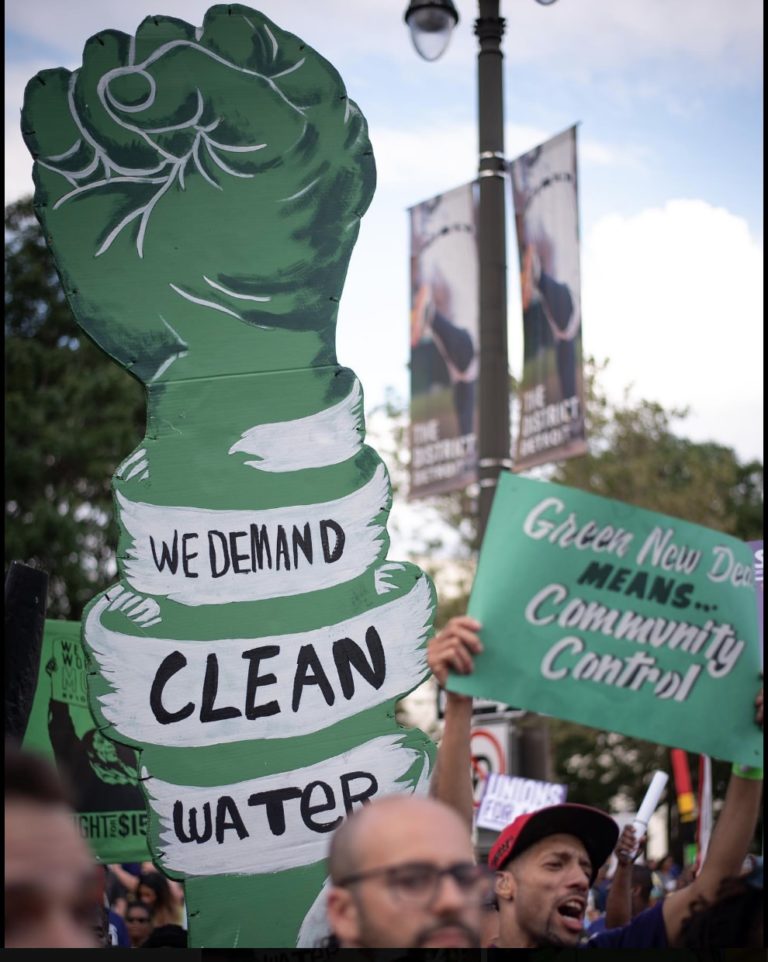
It is not productive to devote 20 minutes to climate policy plans. If the Democratic National Convention refuses to host an event dedicated to the climate emergency, it falls on the candidates to dedicate thoughtful discussions and concrete plans to the climate crisis.
These conversations do not even have to center around climate change for it is as much a natural catastrophe as it is a socio-economic one. As Washington Governor Jay Inslee poignantly concluded: “Climate change is not a singular issue, it is all the issues that we Democrats care about. It is health. It is national security. It is our economy.”


